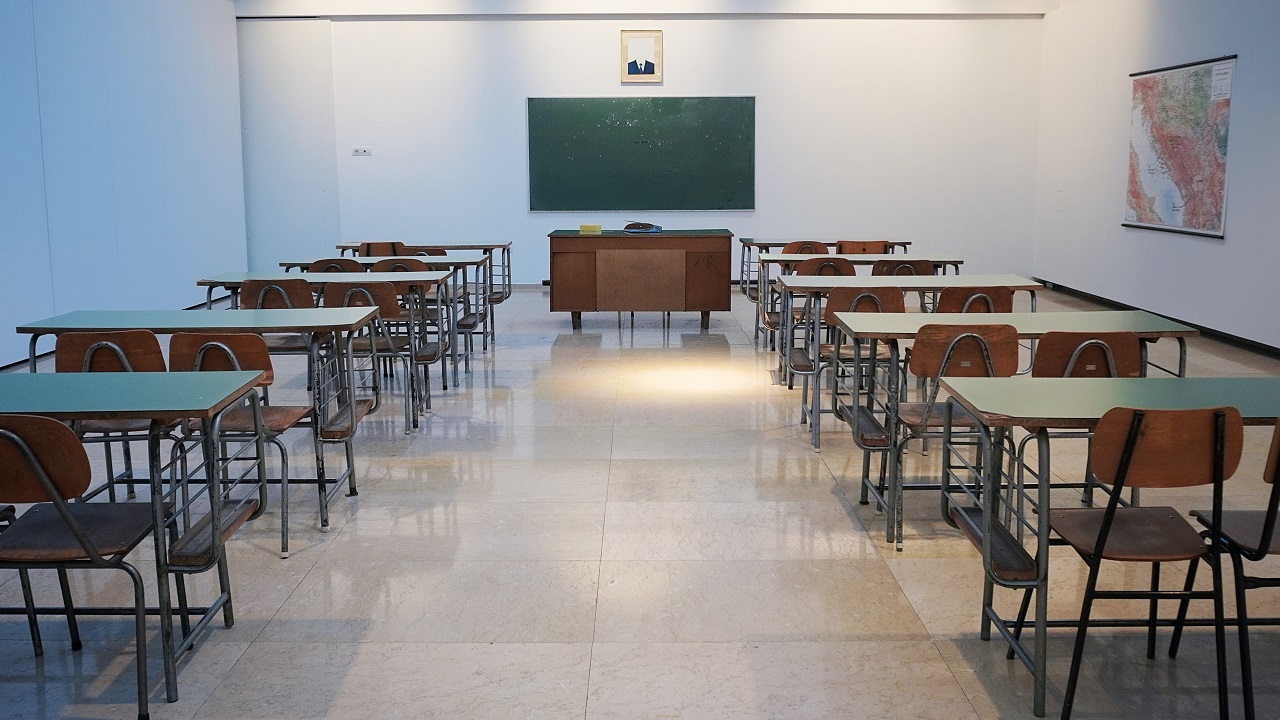Original Japanese text written by. Ryuki Ishii
Translated by. Marco Farinaccia
Japan’s National Institute for Educational Policy Research has released the results from the national achievement test that was held in April. The test was taken by students in the sixth year of elementary school and the third year of middle school, combining for a total of over two million students from across the country.
Subjects covered by the test include Japanese language, mathematics, and science. Those who participated were also asked to fill out a survey that contained a question asking how long they play video games for on a weekday. It was found that the students who spent more time on games each day tended to have lower test scores across all subjects.
According to the survey, 75.7% of elementary schoolers and 71% of middle schoolers spent one hour or more each day playing games. 17% and 16.1% of the respective groups answered that they played for four hours or more each day. These numbers have seen a slight decrease when compared to 2021, when 75.9% of elementary schoolers and 79.8% of middle schoolers were playing for one hour or more each day.
In regard to the change in middle schoolers’ time spent playing video games , the Ministry of Education, Culture, Sports, Science and Technology commented that “it’s likely due to the fact that when compared to last year, students spent less time at home this year because club activities have resumed in schools.” (FNN Prime Online)
When examining the connection between time spent playing games and the results of the test, it was found that the longer a student spends gaming each day, the lower their test scores tend to be. For example, a major difference could be seen in the results for the mathematics section of the elementary school test: students who played games for less than one hour per day got an average of 70.9% of questions correct, while those who played four hours or more per day only got an average of 52.8% of questions correct. A similar trend could also be seen in last year’s test. It wasn’t just limited to gaming as time spent on social media and video sites also showed a comparable trend in relation to test results.

In 2020, Kagawa Prefecture caused a bit of controversy when it brought in an ordinance that limited the amount of time games could be played on a weekday to a maximum of one hour for all those under the age of 18. In light of this, it is interesting to see how the prefecture performed on the national achievement test. The results were actually quite good, with scores for both elementary and middle schoolers being above the average in Japanese language and mathematics, and around average for science.
That being said, there is no penalty for those who do not follow the ordinance mentioned above. In fact, when the ordinance was first implemented in 2020, a study found that those between the ages of 10 and 19 in Kagawa played games for around the same amount of time when compared to that same age group nationwide (gameage R&I).
The survey for the national achievement test showed that there wasn’t much of a difference between the students in the prefecture when compared to the nationwide average, with 75.4% of elementary schoolers and 74.4% of middle schoolers in Kagawa spending one hour or more playing games each day. This once again shows that the effects of the ordinance have been mild at best.





